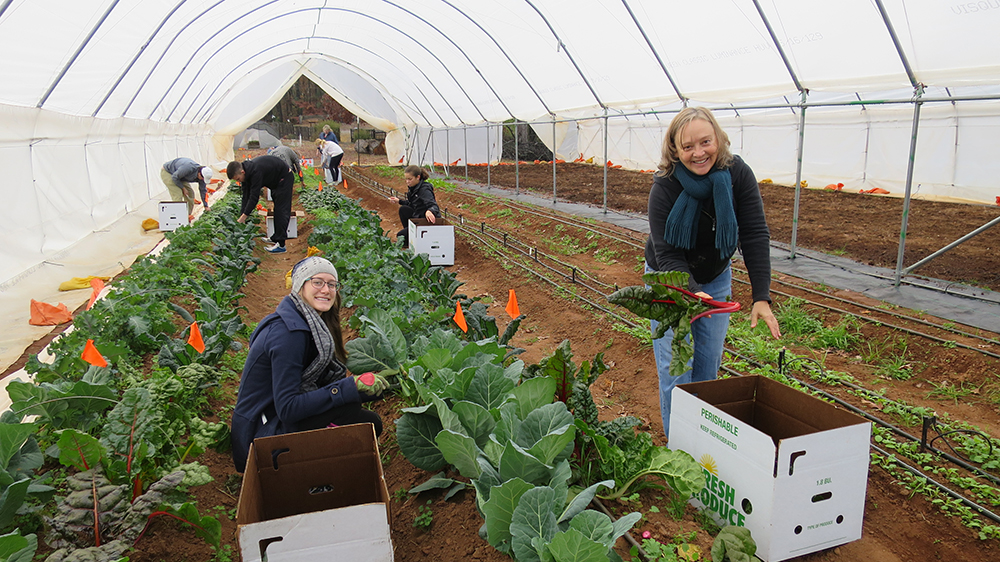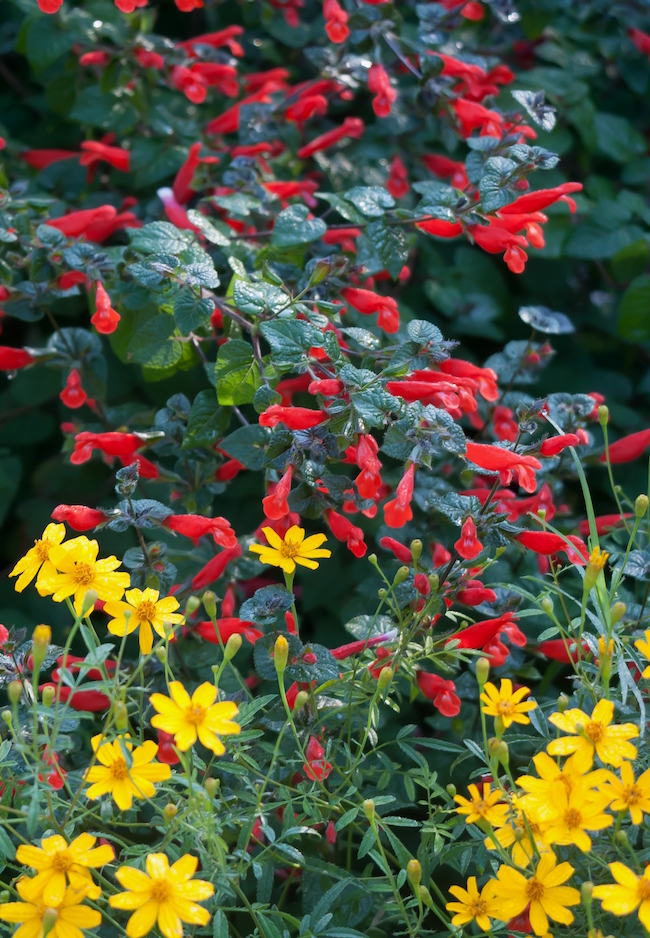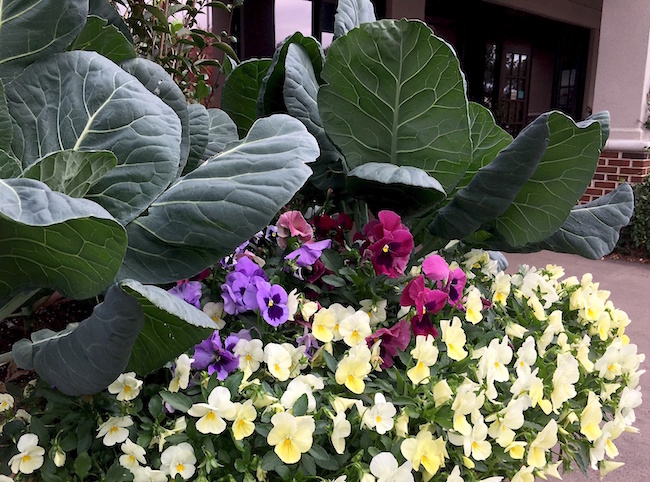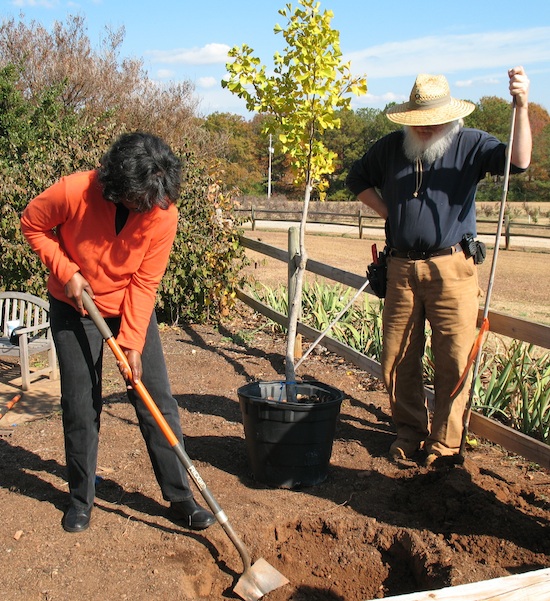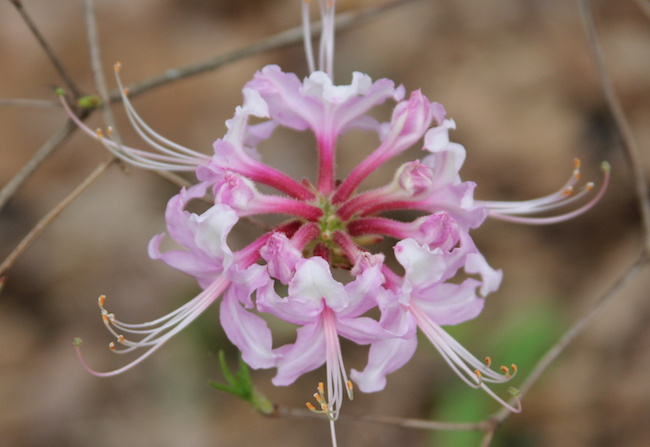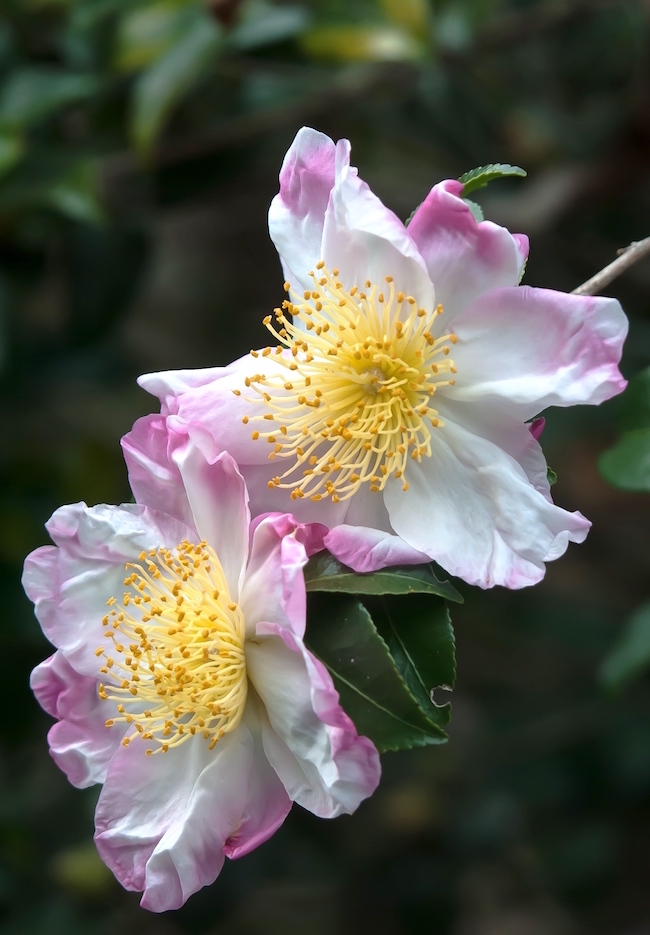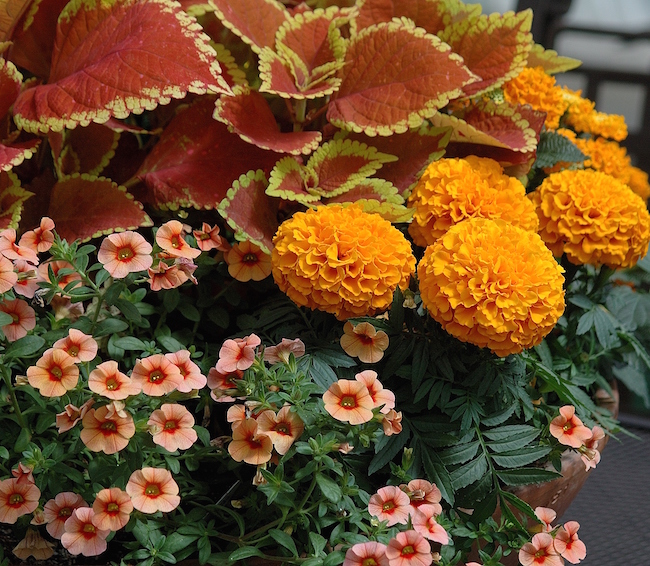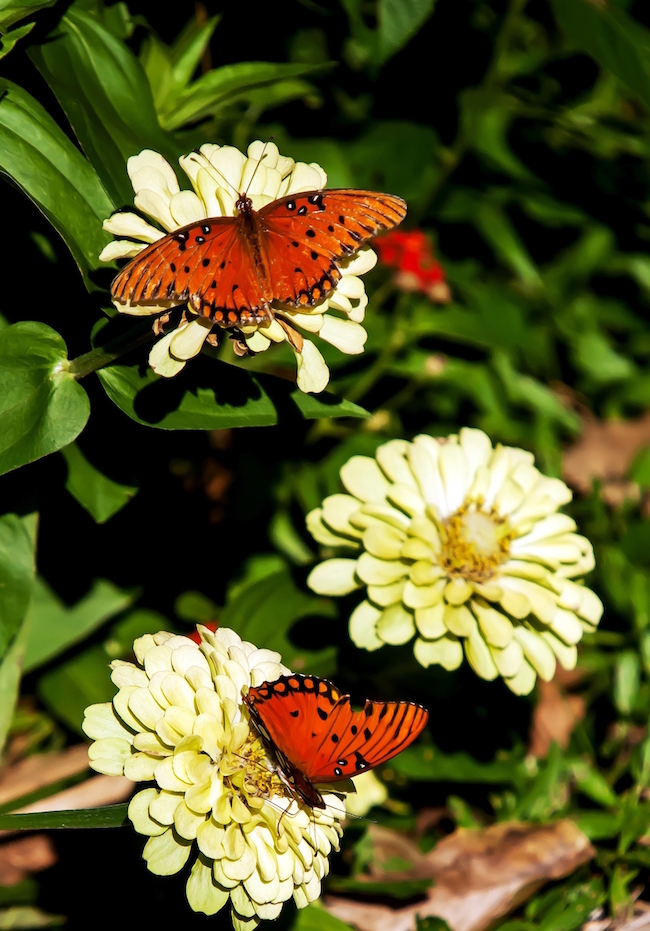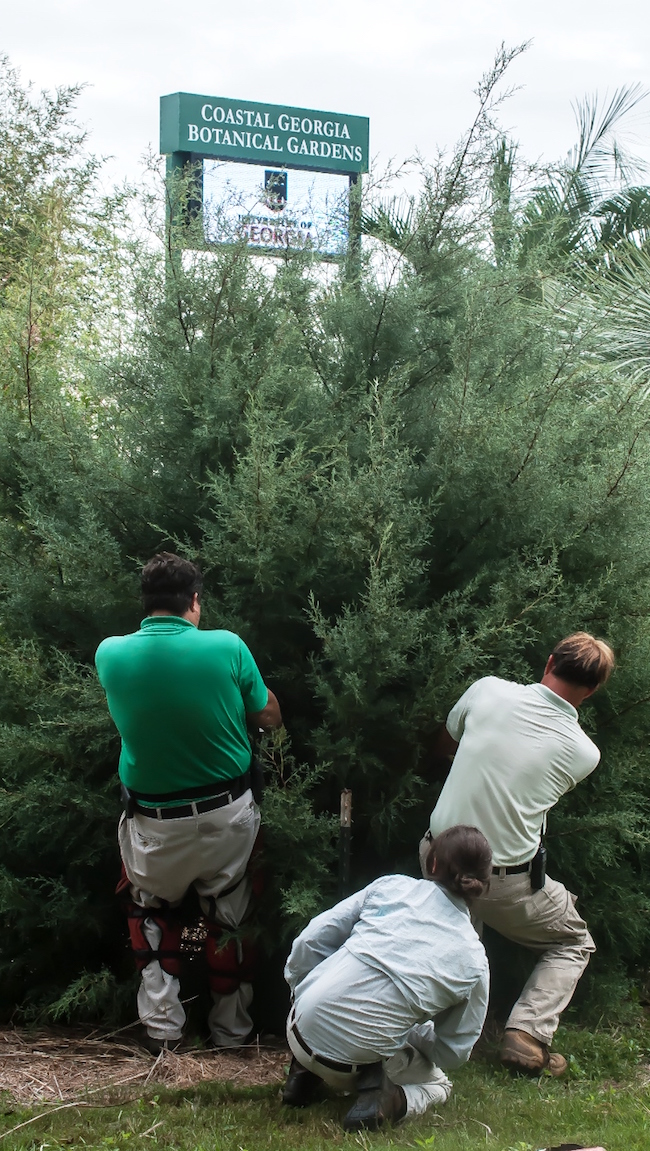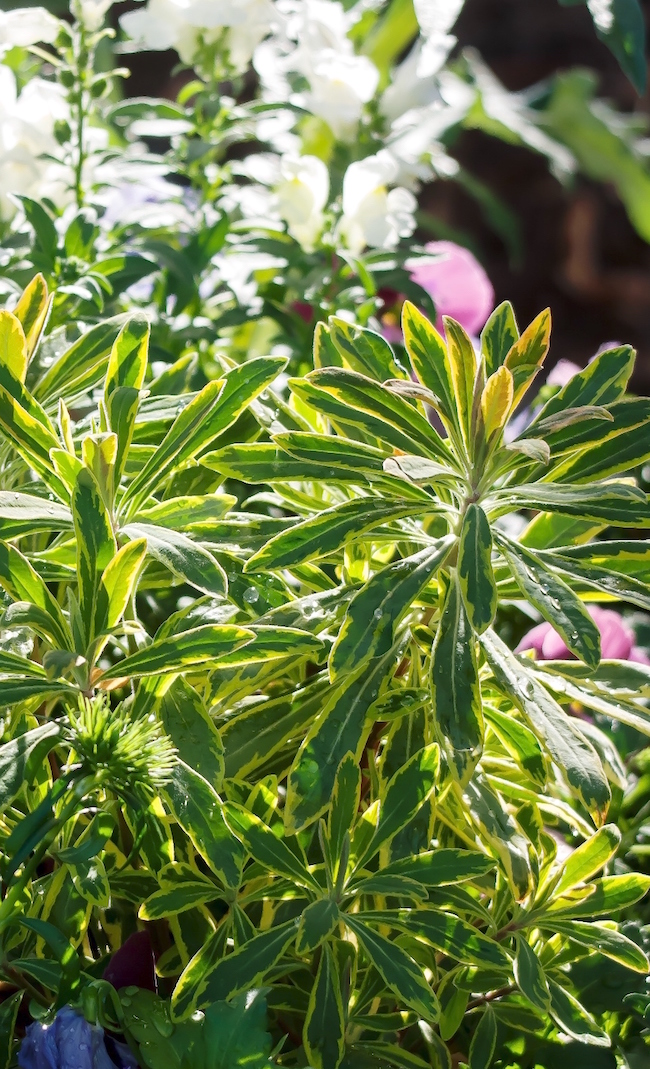 CAES News
CAES News
Garden Royalty
Botanically speaking, ‘Ascot Rainbow’ is known as “Euphorbia x martinii.” It is native to Australia, where the name “Ascot” is associated with an old, wealthy suburb of Brisbane. In truth, it is known as a spurge, which we most often associate with a host of terrible weeds. ‘Ascot Rainbow,’ however, is worthy of garden royalty.

